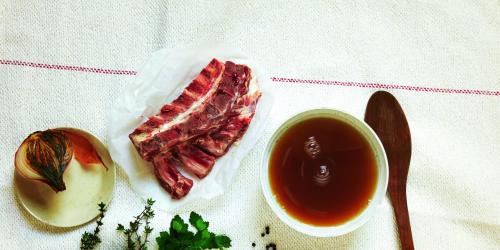Why and how to eat diuretic foods?
The first reason is simple: to look slimmer. Many people sometimes feel swollen, diuretic foods can reduce water retention. It is created by a buildup of fluids that may be related to a deficiency of certain minerals, abdominal edema or simply premenstrual syndrome.
But be careful, the consumption of these foods must be organized in a progressive way, it is indeed important to accustom the intestine to this new diet to avoid digestive disorders. The solution can consist in the alternation between raw fruits and cooked fruits. The former contain more vitamins and minerals, but the latter are easier to digest.
Which foods have diuretic properties?
Water is naturally the first enemy of retention. Indeed, it is the food par excellence to increase the urinary secretion. Then comes watermelon and melon that contain potassium to help deflate and eliminate. Generally, all fruits and vegetables rich in water or antioxidant, green leafy vegetables, nuts and whole grains are considered diuretics. Beet, carrot, tomato, blueberry, pepper, onion, celery: so you're spoiled for choice!
Fruit rich in fiber, like fig, is also an asset: in addition to fighting water retention, fig has laxative virtues while being rich in calcium, magnesium and vitamins.
The first reason is simple: to look slimmer. Many people sometimes feel swollen, diuretic foods can reduce water retention. It is created by a buildup of fluids that may be related to a deficiency of certain minerals, abdominal edema or simply premenstrual syndrome.
But be careful, the consumption of these foods must be organized in a progressive way, it is indeed important to accustom the intestine to this new diet to avoid digestive disorders. The solution can consist in the alternation between raw fruits and cooked fruits. The former contain more vitamins and minerals, but the latter are easier to digest.
Which foods have diuretic properties?
Water is naturally the first enemy of retention. Indeed, it is the food par excellence to increase the urinary secretion. Then comes watermelon and melon that contain potassium to help deflate and eliminate. Generally, all fruits and vegetables rich in water or antioxidant, green leafy vegetables, nuts and whole grains are considered diuretics. Beet, carrot, tomato, blueberry, pepper, onion, celery: so you're spoiled for choice!
Fruit rich in fiber, like fig, is also an asset: in addition to fighting water retention, fig has laxative virtues while being rich in calcium, magnesium and vitamins.


